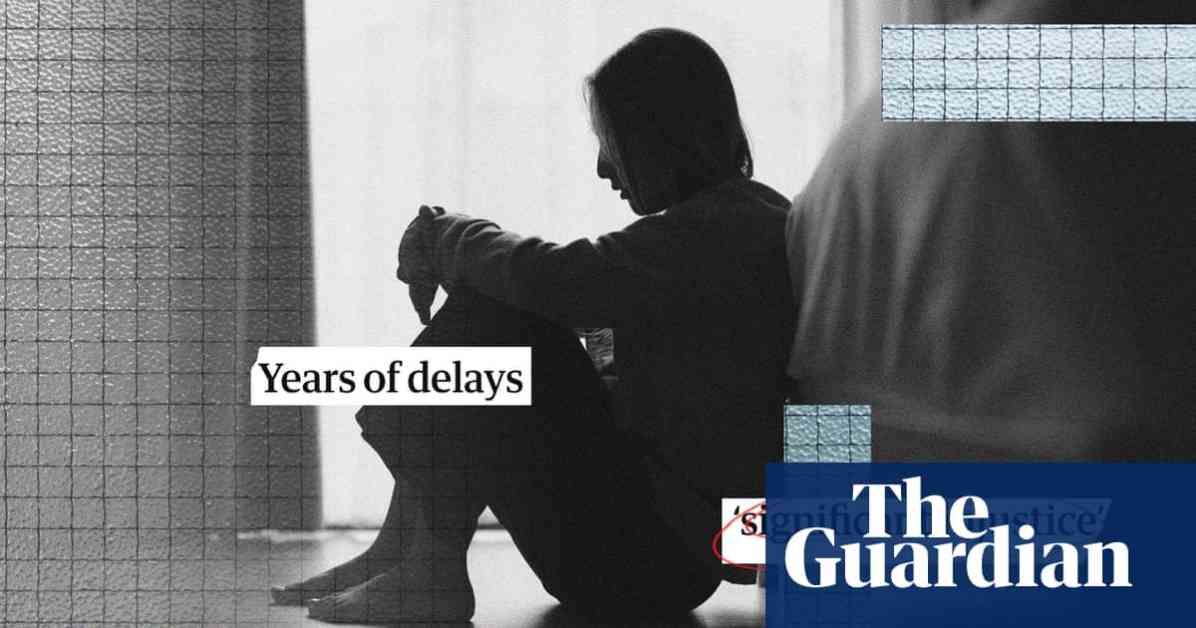The number of rape victims pulling out of prosecutions before trial has more than doubled in five years amid record delays in the courts system in England and Wales, Guardian analysis has found. This trend is causing significant impact on both victims and the pursuit of justice, as detailed in a recent examination of the crisis in courts across the region. The crown court backlog is predicted to hit 100,000 without immediate and drastic action, highlighting the urgency of addressing these delays and their consequences.
Increasing Rate of Case Abandonment
In the past year, more than 280 rape prosecutions, accounting for 7.3% of the total, have fallen through after potential victims withdrew following a charge. This is a stark increase from 2019 when only 62 potential victims abandoned cases between charge and trial, representing 2.8% of the total. The court backlog for adult rape cases has reached a record high, with 3,656 individuals awaiting trial in June 2024, marking a more than fivefold increase since 2019.
Impact on Victims
Some alleged victims are choosing to walk away from cases after enduring years of waiting for trial, resulting in the collapse of proceedings. In other instances, alleged abusers may pass away before facing justice, further complicating the pursuit of legal recourse for victims. Additionally, measures implemented to make the justice process more bearable for rape case participants are inadvertently leading to longer delays and reduced conviction rates, posing significant challenges for victims seeking justice.
Expert Insights and Concerns
Professor Cheryl Thomas KC, a judicial studies specialist at University College London, conducted a comprehensive analysis of crown court jury verdicts to assess the impact of pre-recording evidence in rape trials. The study revealed that women who pre-recorded their evidence were 41% less likely to secure a conviction compared to those who testified in person in the courtroom. This disparity underscores the unintended consequences of well-intentioned measures aimed at improving the justice process for victims.
Barristers and legal experts have expressed concerns about the prioritization of cases where complainants’ evidence is pre-recorded, leading to longer delays and lower conviction rates. Specialist courts designated to handle rape and sexual offense cases have been criticized as ineffective solutions in the face of the chronic backlog and a shortage of specialized legal professionals willing to take on these complex cases. Additionally, the lack of resources and support for victims, such as in cases where complainants disappear before trial, further compounds the challenges in delivering timely and effective justice.
Ultimately, the need for swift and efficient justice delivery is paramount to ensure that victims, witnesses, and defendants receive the necessary support and resolution in criminal proceedings. The government’s commitment to addressing delays and bolstering the legal system’s capacity to handle cases is crucial in restoring public trust and upholding the principles of justice and accountability.












